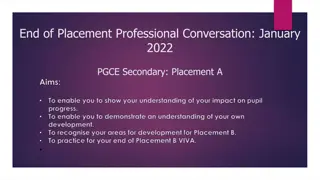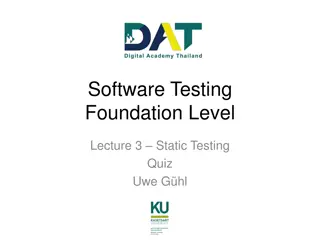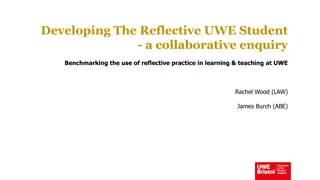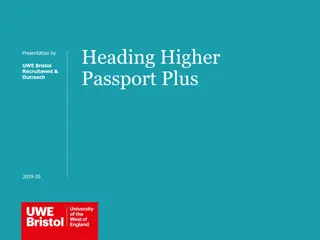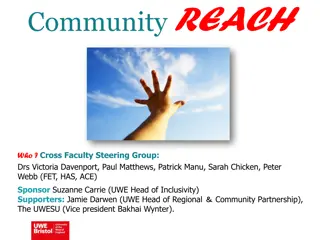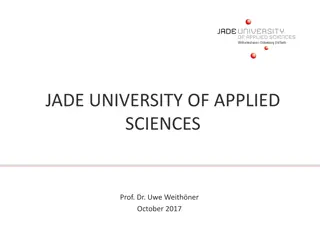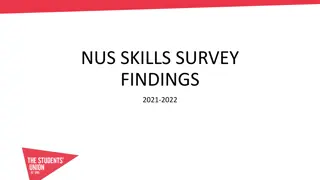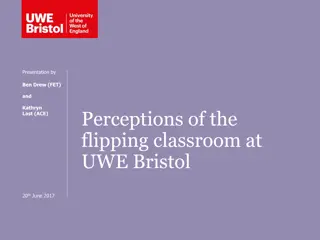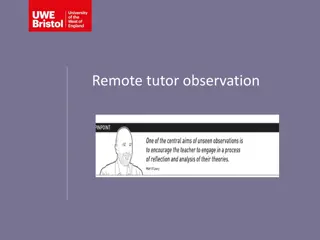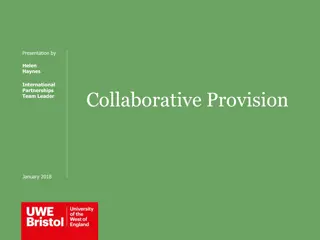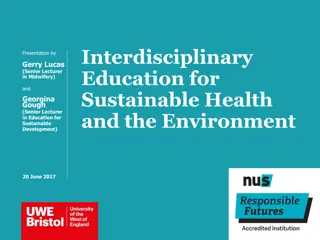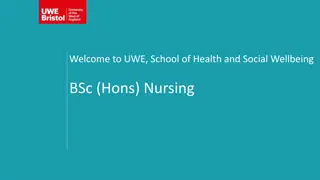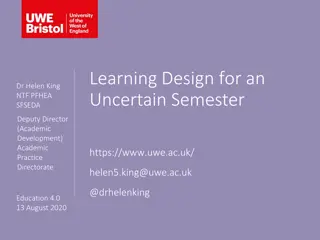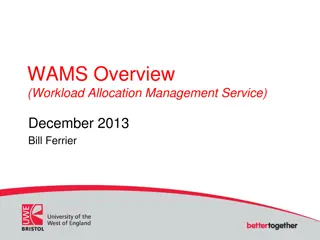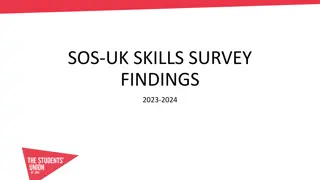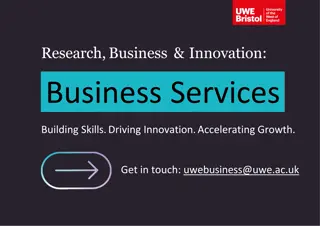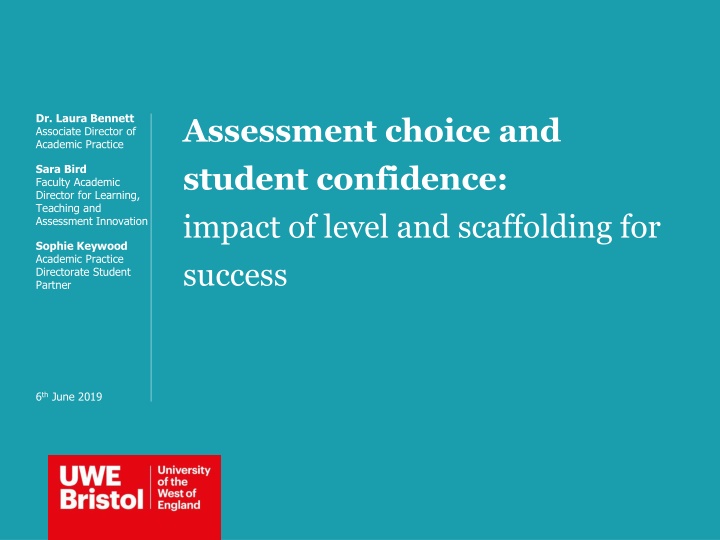
Impact of Assessment Choice on Student Confidence and Inclusivity
Explore the impact of assessment choice on student confidence and inclusivity, with a focus on scaffolding for success and reducing attainment gaps. Discover the benefits and challenges of offering students choices in assessment methods.
Download Presentation

Please find below an Image/Link to download the presentation.
The content on the website is provided AS IS for your information and personal use only. It may not be sold, licensed, or shared on other websites without obtaining consent from the author. If you encounter any issues during the download, it is possible that the publisher has removed the file from their server.
You are allowed to download the files provided on this website for personal or commercial use, subject to the condition that they are used lawfully. All files are the property of their respective owners.
The content on the website is provided AS IS for your information and personal use only. It may not be sold, licensed, or shared on other websites without obtaining consent from the author.
E N D
Presentation Transcript
Dr. Laura Bennett Associate Director of Academic Practice Assessment choice and student confidence: impact of level and scaffolding for success Sara Bird Faculty Academic Director for Learning, Teaching and Assessment Innovation Sophie Keywood Academic Practice Directorate Student Partner 6thJune 2019
Outcomes from this workshop Summary of the UWE project so far Establish participants' experiences of the impact of assessment choice on student confidence Explore methods of scaffolding support for students Share conclusions We would like to capture the output from this workshop as part of the project: Ethics approval from UWE You can participate in the workshop even if you do not want us to use your contribution You can withdraw consent up to 60 days after the workshop Data will be anonymised, but we will acknowledge your participation in future dissemination if you choose
The Study 5 students so far Interviews In progress This workshop Staff reflections Student survey Largescale demographic Future study Pilot Workshop Arose from UWE Bristol s Inclusivity for Learning project to decrease attainment gaps across student groups Early decision to expand and pilot choice in assessment: o Topic o Method Anecdotally, staff involved have observed negative emotional impact on students, prompting this exploratory study
Wider evidence of issues around student choice and anxiety: Vote: I am aware of issues for students related to choice of assessment topic and/or method (as distinct from anxiety related to other aspects of assessment) OR I am NOT aware of issues for students related to choice of assessment topic and/or method (as distinct from anxiety related to other aspects of assessment)
Benefits of choice in assessment Improves inclusivity, allowing students to reflect on their own experiences: "in the area of assessment, it is assessment choice which is most likely to deliver the desired outcome of inclusivity" (Waterfield and West, 2010) Reduces student anxiety around assessment (O Neill, 2010) Reduces requirement for reasonable adjustments by widening choice of assessment method Challenges the assumption that the student is the problem , by reframing limited assessment as the issue "Assessment tasks provide every student with an equal opportunity to demonstrate their achievement of learning outcomes through inclusive design wherever feasible ... Inclusive design implies a more strategic approach.." (QAA, 2018)
Risks of choice Students fail to explore scenarios outside their own experience Students fail to explore new skills or overcome barriers associated specific types of assessment Possibility of student anxiety related to choice (Garside et al. 2009) o Can be in relation to making the initial choice; and/or o In sticking with that choice
Pilot study sample so far Student number 1 Gender Age Nationality Discipline Level F Mature Home Arts 5 2 3 F M Mature Standard International Business EU Arts 6 6 4 5 F F Standard Home Standard EU Business Business 5 5
Results of pilot study: Positive views "It's a new way of learning.. I think it's a good idea... because it will have the student more freedom and it will have the student more creative when finished the module" [sic] (topic or method) "From one side I would say it would be really interesting because in this case you can ... choose . what appeals the most to you" (method) "For sure there would be more of a challenge because it would be something new ... but yes I think the interesting part would prevail .if this could happen in third year when students already have quite a lot of experience of assessments" (method) After trying all options in the first semester, in the second semester: "We had to choose four out of six options...so we got completely free rein over the topic but we then got a little more choice on the medium as well, though it was limited...that was a lot better, we could only get rid of two...but there were a couple of things on there I definitely didn t want to do... the stress that I would have felt if I had to do those things would have been a lot, but equally if I had been given options to choose from I would have taken a lot of time deciding exactly what I was going to do"
Results of pilot study: Negative views "I hadn't really considered [the practicalities of my option] that was incredibly stressful for me, I actually ended up incredibly sick that weekend...I had to go to the doctor, I was so stressed...I ended up in hospital for the day... I felt people were relying on me and if I didn't get it right first time...and I'd never done anything like this before..." "it was about three weeks before the hand in date and she completely changed... I could see the stress....She made the initial decision because she was excited by that [example], but getting further down the line...it was going to be way too complicated...so if she had had the sign off from the lecturer that probably wouldn't have happened" "at least when everyone is answering the same question there's the reassurance knowing that you are sort of on the right track, but I had no idea if I was on the right track" "I was in a full breakdown mode because we had other assignments due at the same time" [as the research proposal] [I said to my tutor].."I think I'm going to have to change my question" "Maybe I could also struggle a little a bit because I would never know if this is the right choice" (on choice of method)
Anxiety versus opportunity Choosing the options in the first place: o Will I choose the right one vs. I can tailor to my career o Overwhelming vs. opportunity o Feel alone vs. Independent learning o Can add an additional assessment point vs. Formative feedback While doing o Not only focus on assessment but also on the choice If change mind o E.g. 3 weeks before assessment = extra work, repeating work In retrospect o Can end up blaming others for lack of support vs. 'live and learn'
Can choice end up increasing attainment gaps? Are those who are most engaged, most confident and most focused on career options the most likely to check their choices, seek feedback and have access to information? Vs. Those who are less confident about seeking support may tend to less informed choices and suffer more anxiety and poorer performance as a result
Group discussion How do these ideas resonate with your institution? Does student level affect ability to cope with choice? Observations of issues for students anxiety related to assessment choice (15 min)
Developing proposals Suggestions for: o Developing assessment choice o Scaffolding over students universities careers
Evidence from our pilot of possible interventions Scaffold choice throughout the programme so that extent of choice and level of attendant risk increase gradually Support students to become more reflective about choice and their own strengths/weaknesses - and balance against areas of need for future career options Balance no choice, short-list choices and free choices Provide in-depth guidance for what makes a 'good' choice Provide individual feedback on appropriateness of choice Consider timing of choice 'deadline': o At a point where adequate module content has been covered o Avoid deadline for choice bunching with other deadlines Create suggested timeline for planning choice to stay on track
References Waterfield, J. and West, B. (2010) Inclusive Assessment: Diversity and Inclusion The Assessment Challenge, University of Plymouth, www.pass.brad.ac.uk [accessed 5 June 2019] O Neill, G. (2011)A Practitioner s Guide to Choice of Assessment Methods within a Module. UCD Teaching and Learning: Dublin. The Quality Assurance Agency for Higher Education (QAA) (2018) UK Quality Code for Higher Education Advice and Guidance: Assessment [online]. Gloucester: QAA. Available from: https://www.qaa.ac.uk/en/quality-code/advice-and-guidance/assessment [Accessed 5 June 2019]. Garside, J. Nhemachena, Z.Z., Williams, J. and Topping, A. (2009) Repositioning Assessment: Giving Students the Choice of Assessment Methods. Nurse Education in Practice, 9: 141 148.

